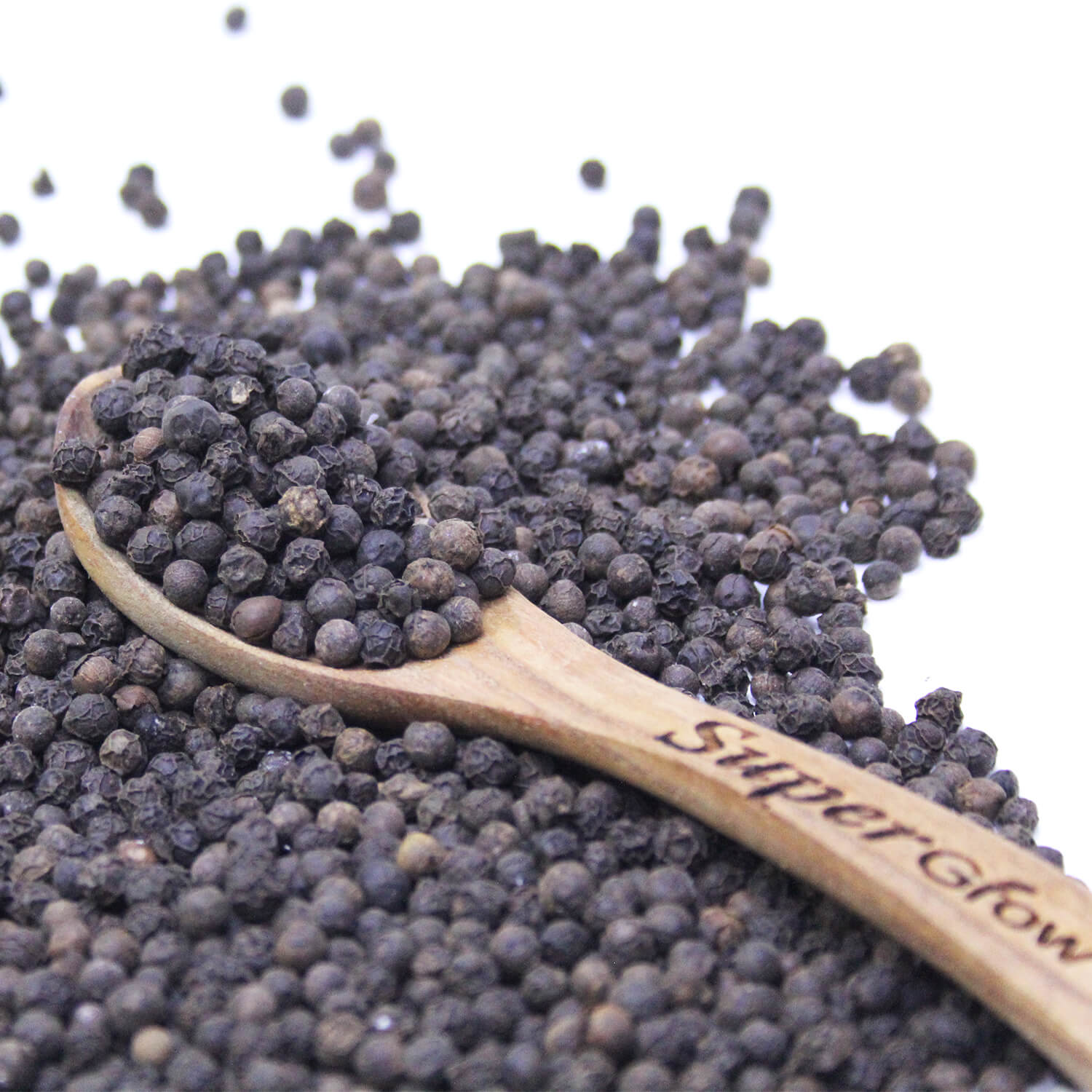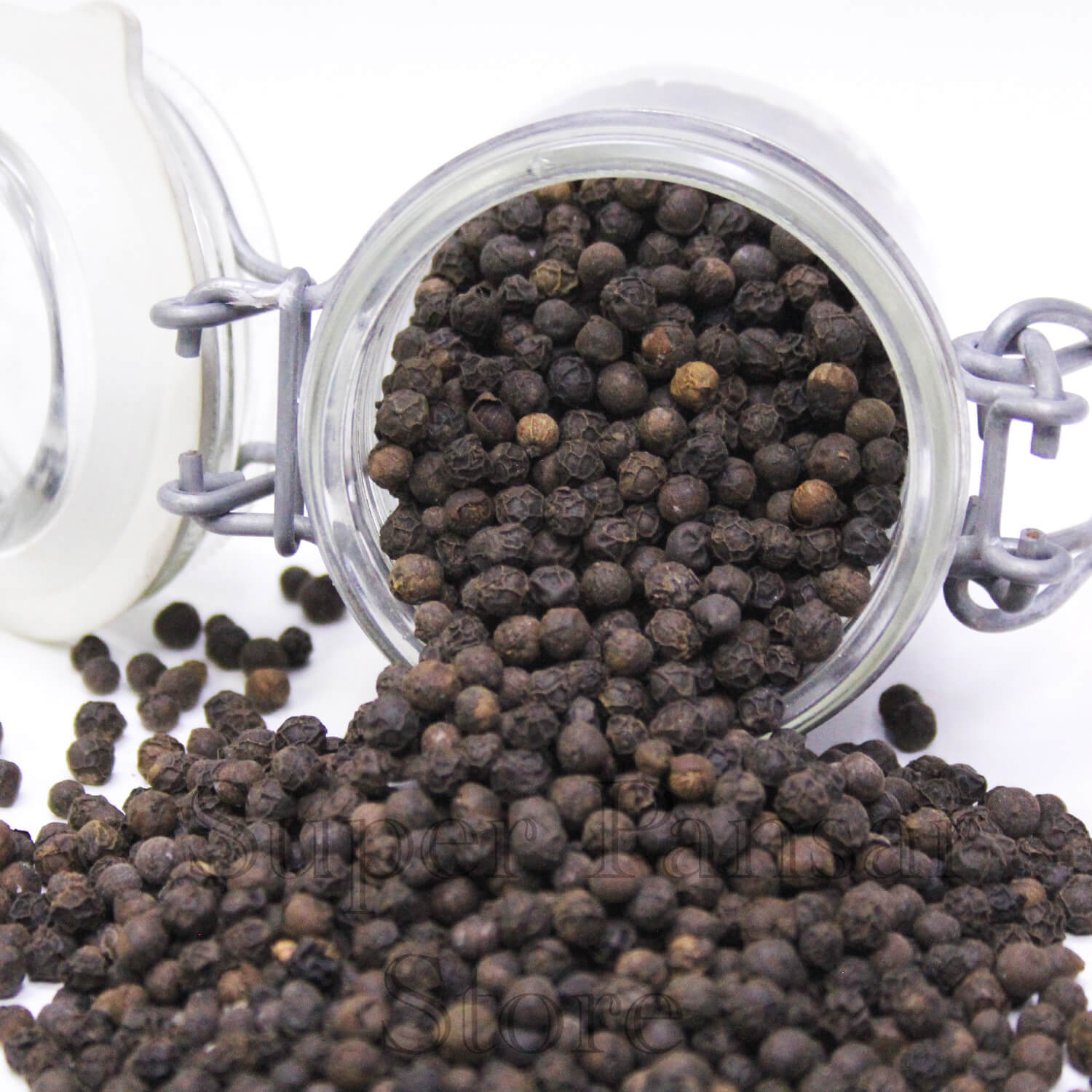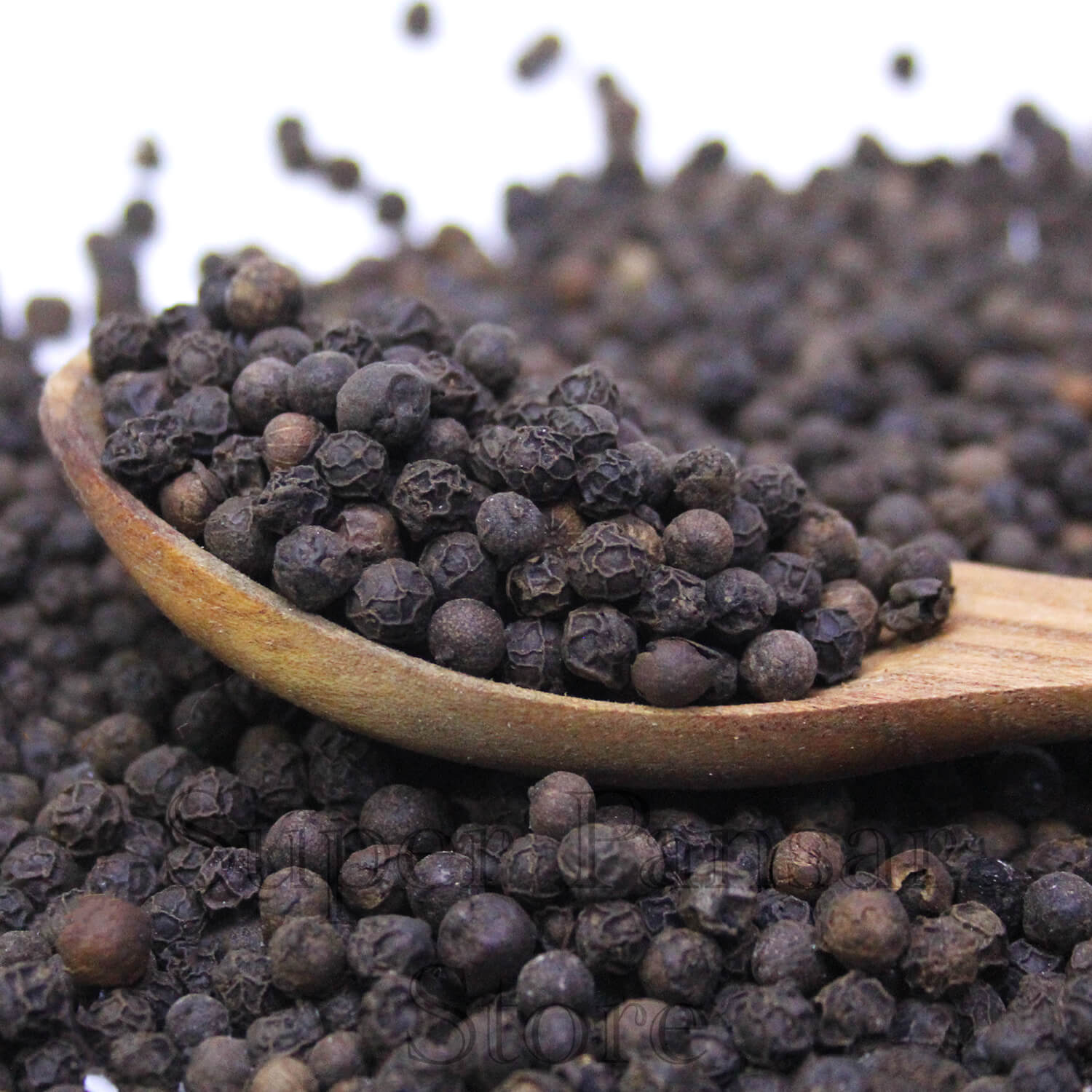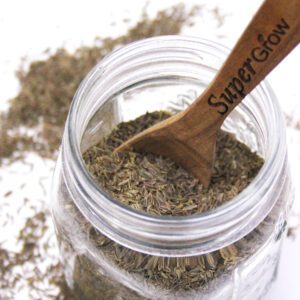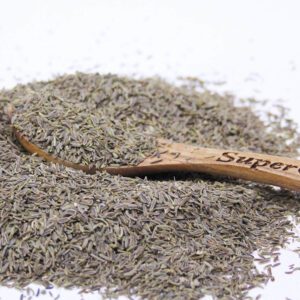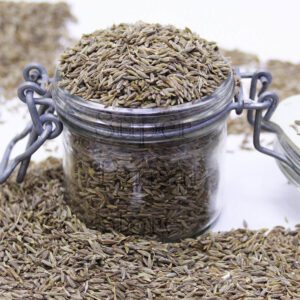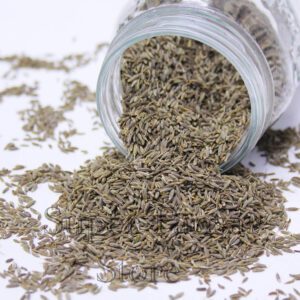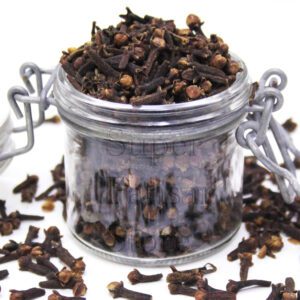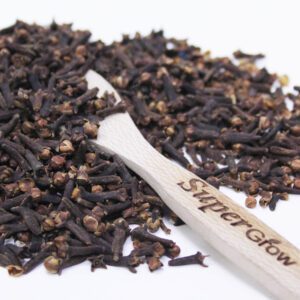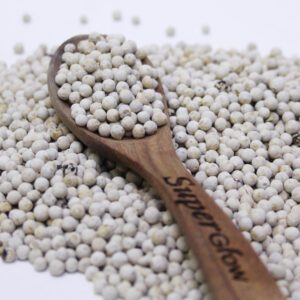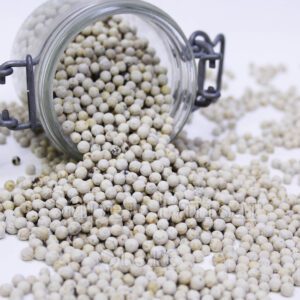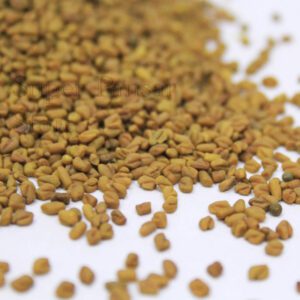Black Pepper (Kali Mirch) کالی مرچ
₨ 200 – ₨ 2,650
Super Black Pepper: The Timeless King of Spices
Black pepper (Piper nigrum) is the world’s most widely used spice, often referred to as the “king of spices.” Known for its sharp, pungent heat and complex flavor, black peppercorns are harvested from the unripe fruits of the pepper plant and are then dried to develop their signature dark, wrinkled exterior. When ground, they release an intense, aromatic warmth that enhances both savory and sweet dishes. From global cuisine staples like stews, stir-fries, and roasted meats to more delicate preparations like sauces and salads, black pepper adds depth and spice without overwhelming the palate. Beyond its culinary appeal, black pepper is also celebrated for its numerous health benefits, such as aiding digestion, improving nutrient absorption, and providing anti-inflammatory properties through its active compound, piperine. A true kitchen essential, black pepper’s versatility and bold flavor make it indispensable in both everyday cooking and gourmet cuisine.
- Premium Quality
- Fresh
- Organic
- Safely processed and packed
Overview
Black pepper, derived from the pepper plant (Piper nigrum), is one of the most commonly used spices worldwide. It not only adds flavor to dishes but also offers several potential health benefits. Here are some of the key benefits associated with black pepper:
Benefits
Rich in Antioxidants:
Black pepper contains a potent antioxidant called piperine, which may help neutralize harmful free radicals in the body. Antioxidants play a role in protecting cells from damage.
Anti-Inflammatory Properties:
Piperine in black pepper has been studied for its anti-inflammatory effects. Chronic inflammation is linked to various health conditions, so consuming anti-inflammatory compounds may have health benefits.
Improved Digestion:
Black pepper stimulates the production of digestive enzymes in the pancreas, aiding in the digestion of food. It can also help prevent gas formation in the digestive tract.
Enhanced Nutrient Absorption:
Piperine in black pepper has been shown to enhance the absorption of certain nutrients, such as curcumin (found in turmeric) and beta-carotene (a precursor of vitamin A). This is known as the “bioenhancing” effect.
Potential Weight Management:
Some studies suggest that piperine may have a role in weight management. It could potentially influence fat metabolism and reduce fat cell formation.
Respiratory Health:
Black pepper has been used traditionally in various cultures to alleviate respiratory issues. It may help in clearing congestion and promoting overall respiratory health.
Antibacterial Properties:
Piperine and other compounds in black pepper may have antibacterial properties, potentially aiding in the fight against certain bacterial infections.
Cognitive Function:
There is some evidence suggesting that piperine may have neuroprotective effects, potentially benefiting cognitive function. However, more research is needed in this area.
Anti-Cancer Potential:
Some studies have explored the potential anticancer properties of piperine, though more research is needed to establish its effectiveness in cancer prevention or treatment.
Blood Sugar Control:
Limited research suggests that black pepper may have a role in helping to regulate blood sugar levels, which could be beneficial for individuals with diabetes.
Uses
Seasoning and Flavoring:
Black pepper is perhaps most commonly used as a seasoning to enhance the flavor of savory dishes. It adds a pungent and slightly spicy taste that complements a wide range of ingredients.
Table Condiment:
Ground black pepper is a staple on dining tables around the world. It’s often offered alongside salt to allow individuals to season their food to taste.
Marinades and Rubs:
Black pepper is a key ingredient in many marinades and rubs for meats, poultry, and seafood. Its robust flavor helps to enhance the taste of the food.
Soups and Stews:
Black pepper is frequently used in soups and stews to add warmth and depth to the broth. It pairs well with a variety of ingredients and contributes to the overall savory profile of the dish.
Salad Dressings:
Ground black pepper can be included in salad dressings to provide a subtle kick and enhance the overall flavor of the dressing.
Eggs and Breakfast Dishes:
Black pepper is commonly used to season eggs, whether scrambled, fried, or boiled. It can also be sprinkled on other breakfast items like hash browns or omelets.
Pasta and Italian Dishes:
Black pepper is a key ingredient in many Italian dishes, especially those with creamy sauces. It adds depth to pasta dishes, risottos, and more.
Vegetables:
Black pepper can be used to season a variety of vegetables, whether roasted, steamed, or sautéed. It complements the natural flavors of vegetables without overpowering them.
Grilled Meats:
When grilling meats, a simple seasoning of black pepper along with salt can be enough to enhance the natural flavors of the meat.
Baking:
While less common, black pepper can also be used in certain baked goods, particularly those with a savory or spiced profile. It can add a unique twist to biscuits, crackers, and bread.
Pickling:
In some pickling recipes, black pepper is used to add a hint of spice and depth to the pickling liquid.

